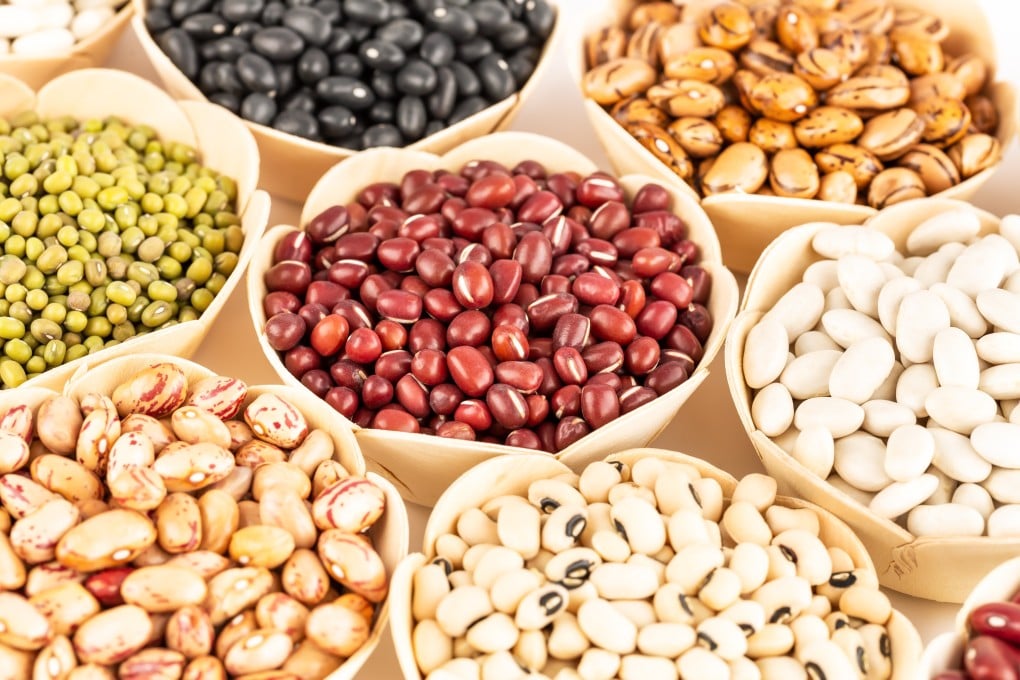Why do beans cause gas? We clear the air about flatulence and legumes
- Legumes are one of the most nutrient-dense foods around, but the way our bodies digest them causes bloating and flatulence in some people
- The effect is less with some legumes than others, and soon passes, experts say. Their health benefits are undeniable so it may be time to reconsider eating them

Shalu Asnani loves legumes and enjoys cooking them in different ways. A vegetarian since her teens, she loves chickpeas, also known as garbanzos, in particular because they are so versatile.
“Chickpeas can be roasted, puréed, cooked in curries and used to make veggie burgers,” says Asnani, who left corporate law to focus on her passion, vegan cooking.
She discovered her passion for cooking when she lived in China’s capital city, Beijing, and turned it into a food consultancy, Little Green Kitchen, when she returned to Singapore in 2011. “And I like the classic Indian dish dal tadka, which is made with lentils, because it is healthy, easy to cook and so comforting,” she says.
According to Bonnie Rogers, a functional-nutrition health coach at The Nutrition Clinic in Singapore, most legumes contain sugars called alpha-galactosides. These are short-chain carbohydrates that escape digestion in the small intestine and are later fermented by bacteria in the large intestine.